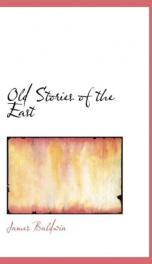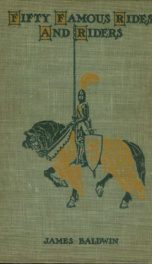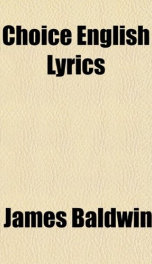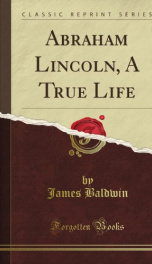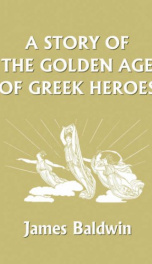Six Centuries of English Poetry

From Preface: "There is but one study more interesting than the history of literature, and that is the study of literature itself. That the former should often be mistaken for the latter is scarcely to be wondered at when we consider the intimate and almost indivisible relationship existing between them. Yet, in truth, they are as capable of separate consideration as are music and the history of music. Anglo-Saxon Poetry. Any careful investigation of the history of English poetry would naturally begin at a point of time some six or seven hundred years earlier than that of Chaucer. From such investigation we should learn that even as early as the ninth century-perhaps, indeed, the eighth-there were in England some composers of verse in the Anglo-Saxon tongue; that the songs of these poets were chiefly of religion or of war, and that being written in a language very different from our modern English they can scarcely be considered as belonging properly to our literature; that among them, however, is a noble poem, "Beowulf," the oldest epic of any modern people, which was probably sung or recited by pagan minstrels long before it was written down in permanent form; that, after the conquest of England by the Normans, the early language of the The Transition Period.English people underwent a long and tedious process of transition,-a blending, in a certain sense, with the Latinized and more polished tongue of their conquerors,-and that the result was the language which we now call English and are proud to claim as our own; that it was about three hundred years after the Norman Conquest, namely, in 1362, that this new tongue was officially recognized and authorized to be used in the courts at law throughout the land; and that about the same time Geoffrey Chaucer composed and wrote his first poems. We should learn, moreover, that, during the transition period mentioned above, there were many attempts at writing poetry, resulting in the production of tedious metrical romances (chiefly translated from the French) and interminable rhyming chronicles, pleasing, of course, to the people of that time, but wholly devoid of poetic [5]excellence and unspeakably dull to modern readers; that these poems, so called, were little better than rhymed doggerels, written in couplets of eight-syllabled lines and having for their subjects the miraculous deeds of saints and heroes and the occurrence of supernatural or impossible phenomena; that the composers of these metrical romances and chronicles, although giving free rein to the imagination, were utterly destitute of poetic fancy and hence produced no true poetry; that, nevertheless, some writer was now and then inspired by a flash of real poetic fire, producing a few lines of remarkable freshness and beauty,-little lyrics shining forth like gems in the great mass of verbiage and rubbish and foretelling the glorious possibilities which were to be realized in the future."
Info about the book
Author:
Series:
Unknown
ASIN:
B004TREH7W
Rating:
3.5/5 (4)Your rating:
0/5
Languge:
English
Users who have this book
Users who want this book
What readers are saying
What do you think? Write your own comment on this book!
write a commentif you like Six Centuries of English Poetry try:
Do you want to exchange books? It’s EASY!
Get registered and find other users who want to give their favourite books to good hands!

